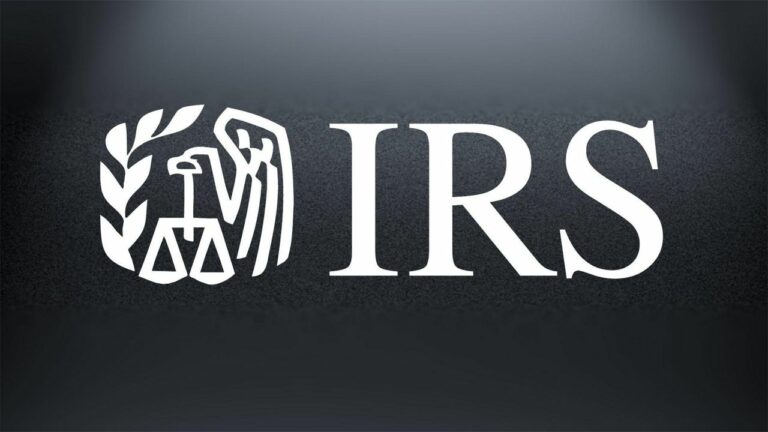
HOW DOES THE IRS RULE ON INHERITED IRAs WORK? Before December 2019, when the SECURE Act became law, inherited IRAs were powerful means of passing along wealth. However, Congress saw this as a loophole and ended it with the 10-year clean-out rule. IRA rules are more complicated now, according to the article from Kiplinger, “IRS 10-Year Rule for Inherited IRAs: Kiplinger Tax Letter.”
There are exceptions to the clean-out rule for beneficiaries who are surviving spouses or minor children of the account owner or beneficiaries who are chronically ill, disabled, or not more than 10 years younger than the deceased IRA owner. For minor children, the exception applies until they reach the age of 21. Then they must empty the account within 10 years.
Unlike other beneficiaries, a surviving spouse may take an inherited IRA as their own. The old rules also apply to people who inherited IRAs before 2020. They can continue to take advantage of the IRA stretch strategy.
For everyone else, the 10-year rule has led to much confusion. Do withdrawals have to be equal amounts every year for 10 years, or can different amounts be taken out at different times during the 10 years? The IRS interpretation originally led many professionals to think annual payments weren’t required and an heir could wait 10 years, then take all the money out in one lump sum.
Further confusion was created in March 2022 when the IRS issued proposed rules based on whether or not the original IRA owner died before or after their first beginning date for taking Required Minimum Distributions. If they died before taking their first RMD, beneficiaries needn’t take annual distributions but could wait until the last year or skip years as long as the IRA was depleted in 10 years. Estate planning attorneys and retirement professionals were fine with this provision.
What came next surprised them. If the IRA owner died after the start dates, annual RMDs must be paid to the beneficiary in years one through nine, with the account depleted in year 10. The beneficiary would calculate annual RMDs based on their own life expectancy. The younger the beneficiary, the smaller the RMD.
The latest IRS proposal on the 10-year clean-out rule still needs to be finalized. Practitioners want the ten-year rule to apply consistently, whether or not the IRA owner dies before or after the RMD beginning date.
There’s some relief. In October 2022, the IRS said beneficiaries of IRAs inherited after 2019, for which the decedent owner was already subject to RMDs, won’t be penalized for taking distributions in 2021 or 2022. The IRS has just extended that relief for such beneficiaries to 2023.
Confused about your own inherited IRA situation? Speak with an experienced estate planning attorney to ensure that you manage your inherited IRA per the latest IRS rules.
Schedule your phone meeting: THE LAW OFFICES OF CLAUDE S. SMITH, III
HOW DOES THE IRS RULE ON INHERITED IRAs WORK?
Reference: Kiplinger (July 30, 2023) “IRS 10-Year Rule for Inherited IRAs: Kiplinger Tax Letter”
Legal problems are extremely stressful, especially when your family, your health, or your freedom are at stake. At this point in time, you may not even be sure what kinds of questions you need to ask a lawyer, but that’s entirely normal. Whether your situation involves family law, estate planning, elder law, a criminal charge, or a personal injury, we will start by giving you all the information you need.
The way we see it, you deserve to get this information directly from an expert. That’s why we make it easy for you to get in touch with your lawyer, and we never ask you to sit down with a paralegal or assistant instead.
As our relationship continues, we will keep you updated about the status of your case every step of the way. Your lawyer will reach out regularly to tell you about any new developments, and he will also be happy to answer any questions you have throughout the process.
